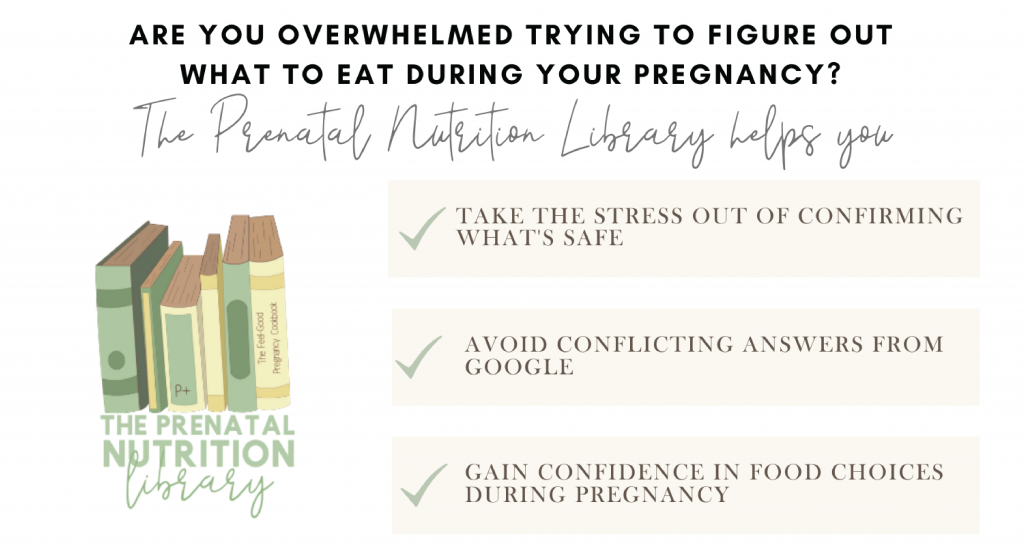
Morning sickness is one of the most well-known unwanted side effects of pregnancy and often one of the first ways women may head to the store for a pregnancy test. It can strike within the first two weeks of pregnancy! If you’ve been pregnant or have read a little bit on the matter, you know “the sickness” doesn’t just happen in the morning, it can hit at any time during the day or night. Here are 10 tips to control morning sickness.
10 Tips to Control Morning Sickness
1. First, talk to your boss.
Although morning sickness is generally not harmful, it can affect your day to day activities, including work. Let them know what is going on so they are aware you may be making frequent trips to the bathroom.
2. AVOID SMELLS that bother you or make you feel queasy.
Room temperature or cold foods may be your best bet during this time.
3. GINGER.
Try ginger ale, made with real ginger, ginger tea, ginger capsules(consult with your doctor before taking as capsules containing too much ginger can interfere with some medications), or ginger candies.
4. TOAST & CRACKERS.
It may be best to keep saltines by your bedside or make toast first thing in the morning. Moving around on an empty stomach can contribute to nausea.
5. WATER.
Drink fluids often in small amounts. Never leave the house without a water bottle!
6. STAY AWAY from SPICY, GREASY, & FRIED foods.
These foods are often culprits of causing nausea. However, it is best to identify YOUR trigger foods and avoid them as much as possible.
7. Take your prenatal vitamins with food or at night.
8. SMALL MEALS.
Eating small frequent meals throughout the day (i.e. 6 meals in the day, instead of 3) can help to decrease nausea.
9. CARBS can help.
I know many of us are scared of carbs, but foods like potatoes, noodles, rice, or toast will make you feel better and are an important part of a pregnancy diet!
10. Find a smell you like such as lemon, peppermint, eucalyptus, etc.
Smell this when you begin to feel bad.
Are the over-the-counter medications safe to take?
There are both prescription and OTC medications that are safe for you and your baby. If you feel this is necessary, talk with your doctor to find one that works for you. Avoid OTC motion sickness meds unless your doctor says it is safe for you. Vitamin B6 is helpful for some women. According to a study conducted in June of last year, Vitamin B6 and ginger have similar controlling effects on first-trimester nausea and vomiting.
Every tip is not going to work for you, try various things until you find something that makes you feel better! Hang in there; this is a special time and an opportunity to make a BIG impact on your child’s future.
Written by Ryann Kipping, RDN, CLEC









